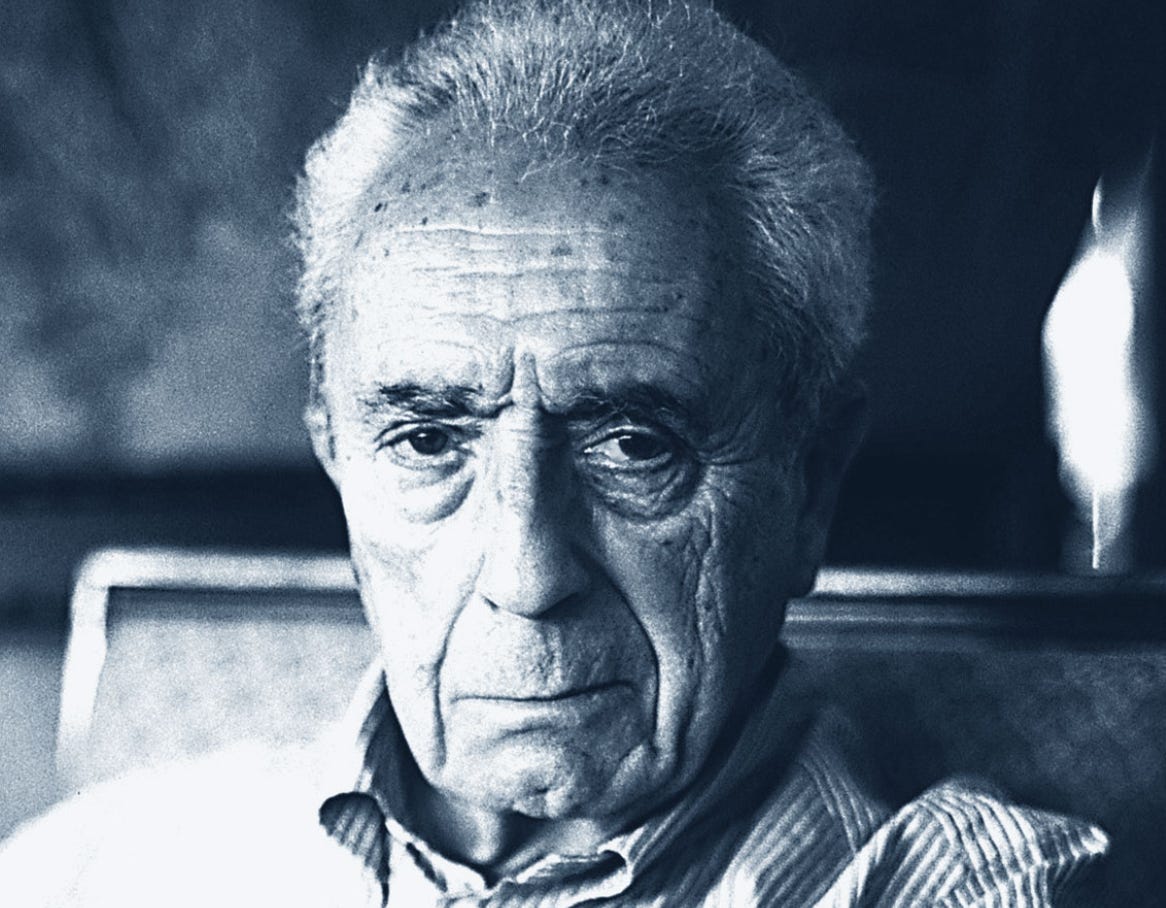"A scene has to have a rhythm of its own, a structure of its own."
Michelangelo Antonioni
Michelangelo Antonioni, born on September 28, 1912, was an Italian film director, screenwriter, and editor who is celebrated for his distinctive and innovative approach to cinema. His work is often noted for its exploration of modern existential themes, such as alienation, isolation, and the complexity of human relationships.
This quote encapsulates Antonioni’s philosophy towards filmmaking, particularly his focus on the visual and narrative rhythm of a scene. Unlike conventional directors who might prioritize dialogue or action to drive the plot, Antonioni was known for his deliberate pacing, long takes, and emphasis on the atmosphere. His films often eschew traditional plot structures, favoring instead a more meditative and observational style that allows the audience to engage with the emotional and psychological landscapes of his characters.
In films like L'Avventura (1960), La Notte (1961), and Blow-Up (1966), Antonioni showcased his unique ability to create a cinematic language where the rhythm of a scene—its movement, tempo, and silence—becomes as important as the story itself. This approach was revolutionary at the time and marked a departure from classical Hollywood narrative techniques, which typically focused on clear storylines and character arcs.
The "rhythm" Antonioni speaks of is not just about the timing of events within a scene, but also about how each element—lighting, composition, sound, and even the void of silence—contributes to the overall mood and meaning. In his films, what might seem like an empty or slow scene is filled with significance, inviting viewers to look deeper and reflect on the underlying tensions and emotions.
Antonioni’s work often reflects the existential concerns of the 20th century, particularly the feelings of disconnection and ambiguity that came with the rapid modernization of society. His films challenge the audience to embrace the uncertainties and complexities of life, rather than offering simple resolutions or clear answers.
Michelangelo Antonioni remains a pivotal figure in the world of cinema, revered for his artistic vision and his ability to transform the medium into a profound exploration of the human condition. His films continue to influence generations of filmmakers who seek to push the boundaries of storytelling and visual expression.


